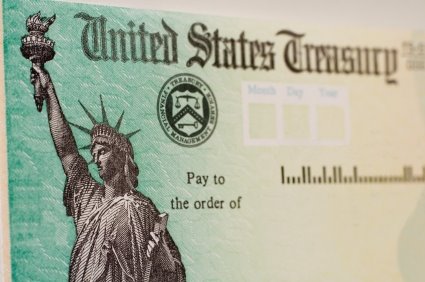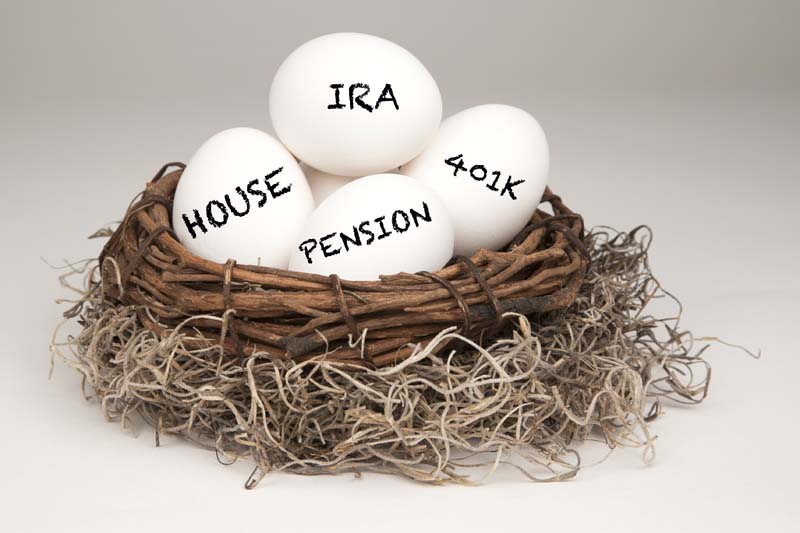Expats – Convert to a Roth ASAP!
If you qualify for the Foreign Earned Income Exclusion and have a traditional IRA, now is the time to convert that relic to a Roth. Doing so may save you a fortune in taxes, especially if completed in 2012.
The Foreign Earned Income Exclusion (FEIE) allows you, the intrepid Expat, to eliminate up to $95,100 of wage or ordinary income from your 2012 tax return. If you and your spouse are both operating a business, or are wage earners, you might exclude up to $190,200 combined.
To qualify, you must be living and working outside of the U.S. This means you are 1) employed by a corporation (it does not matter if you own that company) and 2) are a resident of a foreign country or are outside of the U.S. for 330 out of any 365 day period.
So, the FEIE takes care of your ordinary income. However, we Expat Americans are still required to pay U.S. tax on our investment and passive income, no matter the source. That means all of the benefits of a retirement account apply and the tax rate and rules for investment income are the same for Expats and residents.
For an Expat, a Roth IRA has numerous tax planning advantages over a traditional IRA. This is because you pay taxes on the front end while you are maximizing the FEIE and you don’t pay taxes when you withdraw funds in retirement. Also, there are no required minimum distributions when you hit retirement age.
A traditional IRA allows you to deduct contributions on your tax return and any earnings grow tax-deferred until you retire. But these deductions may be of little or no value to the Expat whose income is less than $95,000 or $190,000 joint. Also, because of significant capital gains and other passive income, an Expat’s tax rate may be higher in retirement than while working under the FEIE. In that case, converting to a Roth after retirement can be costly.
Converting to a Roth or contributing to a Roth while abroad will allow you to make the most of your itemized deductions. For example, all Americans may deduct mortgage interest (on up to two homes), property tax, medical, etc., or take the standard deduction of $5,800 single and $11,600 joint (tax year 2011). It does not matter if you maintain a home in the U.S. for your family and/or you have a home abroad, all citizens get the same deductions.
If all of your taxable income is being eliminated by the FEIE, you aren’t utilizing your standard deduction or your itemized deductions…you are already paying zero tax, so these deductions provide no added benefit. Converting to a Roth or investing in a Roth under these circumstances may save you tens of thousands of dollars each year.
Let’s run some numbers on the tax cost of converting to a Roth IRA.
One of my tax preparation clients has been living in Cayman Islands for a number of years. He earned a salary from his offshore company, which is incorporated in Panama, of $81,000 in 2012. All of his ordinary wage income is covered by the FEIE, so he pays zero U.S. taxes, and he has about $60,000 in a traditional IRA. His itemized deductions are about $34,000 for 2012, mostly the result of mortgage interest on his home in Cayman.
If this client were to convert his IRA to a Roth in 2012, his total tax bill on $60,000 would be only $2,300. This is because the Foreign Earned Income Exclusion eliminates his salary and he now gets to make use of his $34,000 in itemized deductions.
If this same client, who is married filing joint, had no itemized deductions or Schedule A and took the standard deduction, his IRS bill would be about $8,000.
Note: If this same client wanted to pay zero tax, he could convert some of his IRA to a Roth in 2012, and the balance in 2013 and/or 2014, thereby maximizing his itemized or standard deductions for each year.
If this Caymanian did not qualify for the FEIE, his U.S. tax bill on $81,000 would be about $4,200 (remember, he has significant itemized deductions). If he also converted his IRA to a Roth while paying tax on his salary, his bill would be $18,400. If he had no itemize deductions, his total tax bill, including the conversion, would be $20,500.
So, converting his IRA while qualifying for the FEIE, results in a savings of $16,100 ($18,400 – $2,300) for this client. Each person’s tax situation is different. You should contact a tax professional to determine your possible savings before deciding to convert your IRA to a Roth.
Considering the approaching “financial cliff,” it is safe to assume that U.S. tax rates will increase and deductions will decrease in 2013. Any change to the IRA rules, tax brackets or capital gains rates, may have a significant impact on your net tax due and IRA conversion options. If you qualify for the FEIE, converting from a traditional IRA to a Roth in 2012 rather than 2013 is likely to save some serious cash.
Converting to a Roth is as simple as contacting your provider and telling them you wish to convert. If you would like to move your IRA offshore, or need assistance with your 2012 Expat tax returns, please contact us at info@premieroffshore.com or (619) 483-1708.












Leave a Reply
Want to join the discussion?Feel free to contribute!